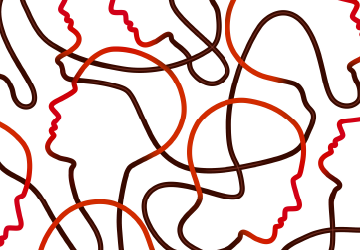The International Criminal Court and the problem of the prosecution of starvation out of the context of armed conflicts: what are the available options?
23 November (Wed) | 14h30-16h00 | Online on Zoom
Speaker: Simone Antonio Luciano
Discussants: Laura Iñigo Álvarez
The PhD Workshop will take place online and it is an opportunity for researchers and PhD students to meet up and foster a scientific community at NOVA School of Law.
In this PhD Workshop, Simone Antonio Luciano, PhD Candidate at Nova School of Law, will speak about “The International Criminal Court and the problem of the prosecution of starvation out of the context of armed conflicts: what are the available options?” He will be joined by a discussant: Dr. Laura Iñigo Álvarez, PhD Researcher at Nova School of Law.
Abstract
According to the Rome Statute (RS) of the International Criminal Court (ICC), intentionally using starvation of civilians as a method of warfare is a war crime. However, in order to be considered a war crime, starvation must be inflicted during an armed conflict and in association with that armed conflict. Thus, whenever starvation is intentionally inflicted either during peacetime or not in association with an armed conflict, the ICC cannot prosecute this conduct as a war crime. The fact that the RS does not explicitly criminalize the use of starvation out of armed conflicts constitutes a serious gap which requires alternative solutions for the prosecution of the use of starvation against civilians. Therefore, this presentation aims to to determine how the ICC could prosecute conducts involving the use of starvation out of armed conflicts. Thus, the presentation will give a contribution to the topic by examining the possibility of prosecuting starvation through crimes already typified in the RS and, specifically, crimes against humanity of persecution, extermination, torture and inhumane acts.
Coordinators: João Marques de Azevedo
